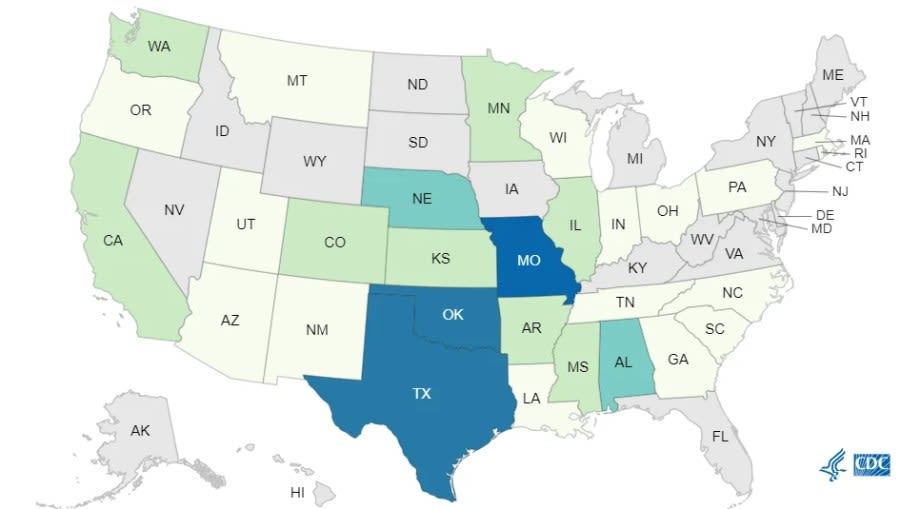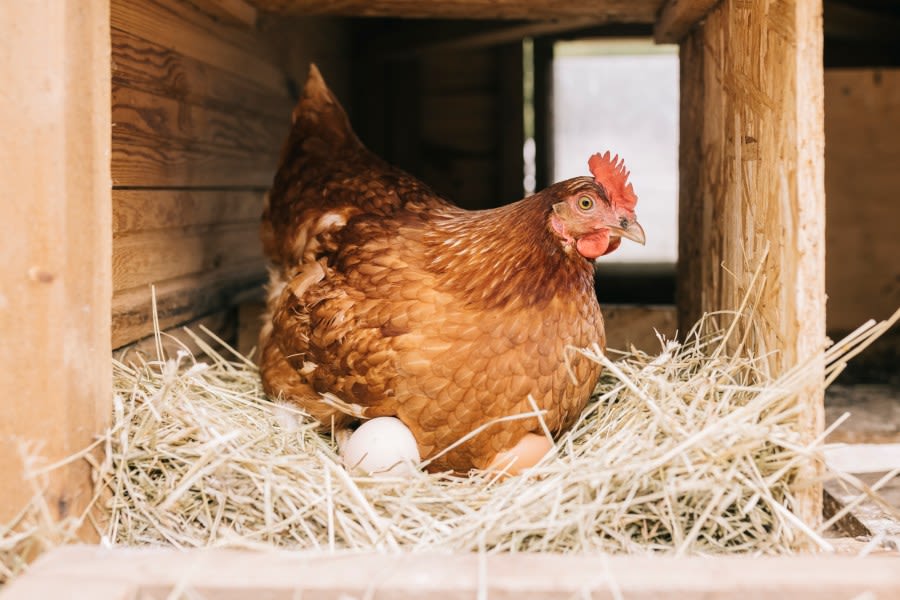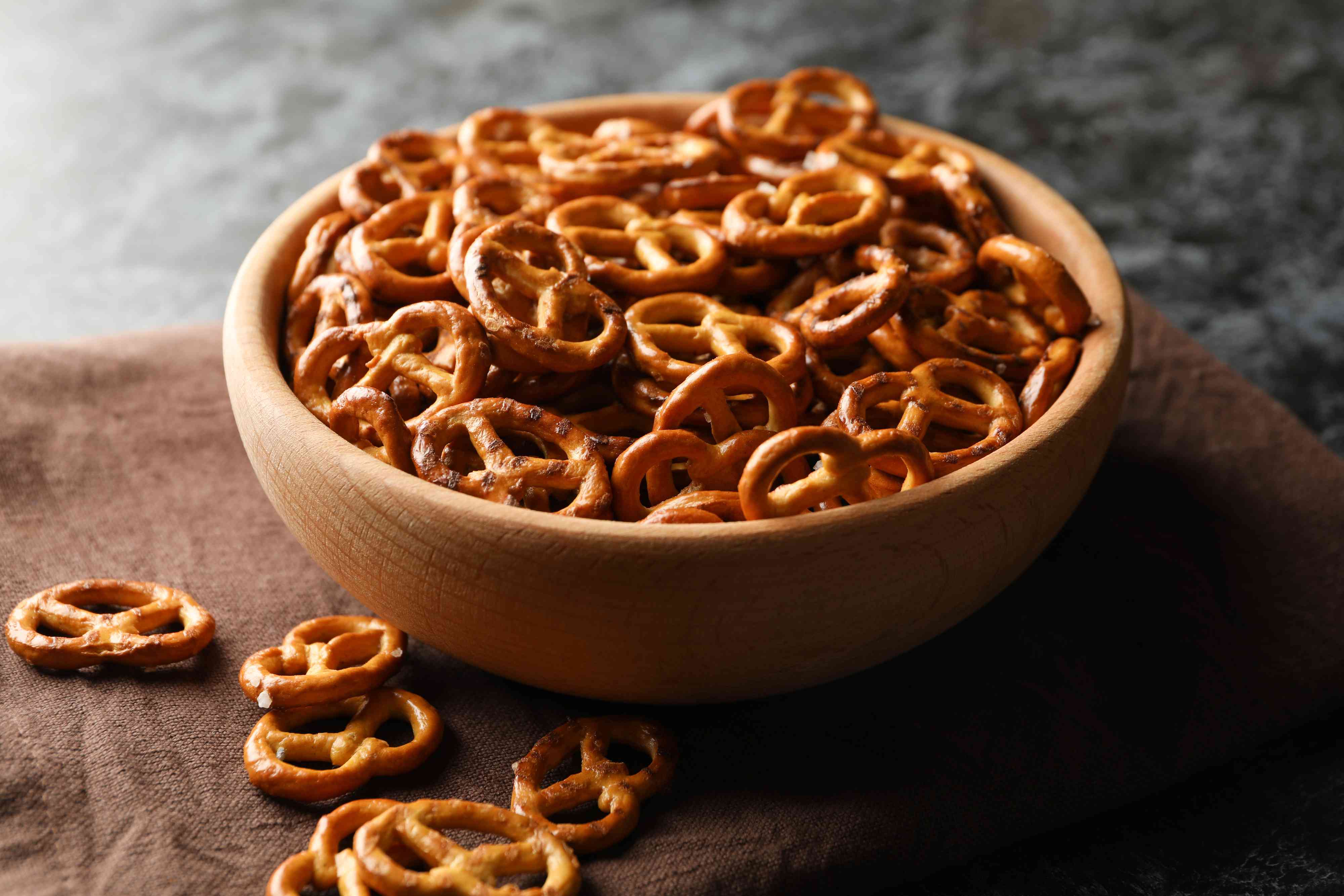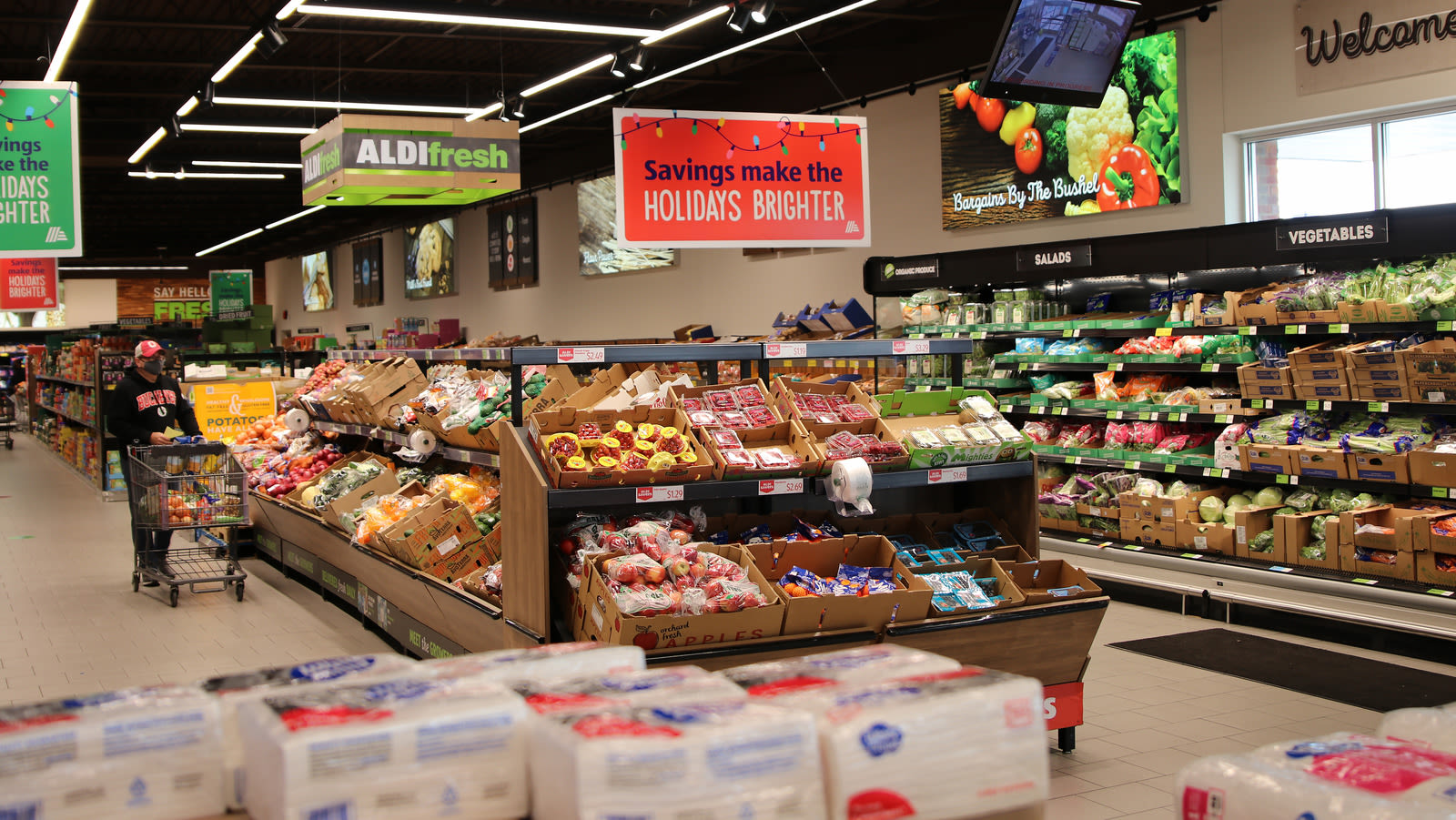Search results
News about CDC, backyard poultry, Salmonella
News about Pretzel products, Natural Sourcing International, recall
Also in the news
Aug 24, 2022 · Salmonella, or salmonellosis, is an infection with Salmonella bacteria that causes diarrhea, fever and stomach pains. Salmonella usually goes away on its own in a few days. You should drink plenty of fluids to prevent dehydration. You can reduce your risk of salmonella with safe food handling habits and by washing your hands after touching animals.
Apr 29, 2022 · Diagnosis. Treatment. Self care. Preparing for your appointment. Diagnosis. Salmonella infection is usually diagnosed based on signs and symptoms. Salmonella infection can be detected by testing a stool sample. However, most people have recovered from their symptoms by the time the test results return.
Salmonella is a group of bacteria that can cause diarrhea in humans. There are many different kinds of salmonella bacteria. What causes salmonella infections? Salmonella bacteria are passed from the feces of people or animals to other people or animals. Contaminated foods are often animal in origin.
- www.who.int
- › Newsroom
- › Fact sheets
- › Detail
Feb 20, 2018 · Key facts. Salmonella is 1 of 4 key global causes of diarrhoeal diseases. Most cases of salmonellosis are mild; however, sometimes it can be life-threatening. The severity of the disease depends on host factors and the serotype of Salmonella.
Most people infected with Salmonella will begin to develop symptoms 12 to 72 hours after infection. The illness, salmonellosis, usually lasts four to seven days and most people recover without...
Jan 24, 2023 · Salmonella is a group of bacteria that commonly cause foodborne illness. An infection by the bacteria is called salmonellosis (or salmonella for short), and you can get it by consuming...
Apr 18, 2024 · Salmonella infections are responsible for 26,500 hospitalizations and 420 deaths in the United States each year. Adults over 65, young children and people with weakened immune systems are at...





